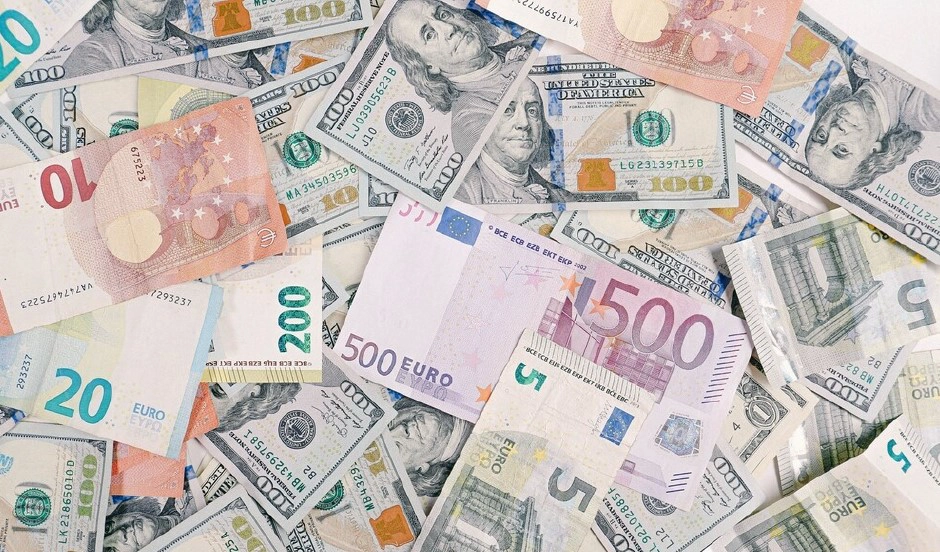
Source: Energy Intelligence
“Natural gas is a transition fuel that will serve much longer than we admit at the moment in Europe, like 10-15 years longer than the current mainstream opinion,” Benjamin Lakatos told Energy Intelligence in an interview in Washington. “That's why we also try to expand on the value chain. That's why we come to the US to buy additional LNG.”
MET delivered more than 30 LNG shipments to Europe in 2023, and the company's stated goal is to procure "additional supply from the US, it can further supply European markets while expanding into new regions."
So far, that effort has included a US-focused purchase deal with Shell in July, and an offtake deal last year with Commonwealth LNG.
Commonwealth is caught up in the morass of legal and regulatory hurdles plaguing the US LNG sector, include the Biden administration's eight-month-old pause on new export licenses to non-free trade agreement countries. But Lakatos was sanguine about the future.
“Being a European and having hundreds of licenses in 30 different countries, [the US] looks pretty simple and easy — and I'm not joking,” he said.
The uncertainty in the US "is an issue, but everybody's relatively calm, waiting for the outcome," Lakatos said. "When the industry is calm, we are calm.” He also expressed optimism about the industry “regardless of the outcome of the [US] election.”
Supply Threat Thwarted
Lakatos also expressed confidence in the durability of the European gas market, the top destination for US LNG since 2022, and that from a European perspective physical LNG supply security is no longer a major concern.
In early 2022, following the Russian invasion of Ukraine, “the continent was afraid that in some countries we would have no natural gas to heat. It would have meant that in some cities we would have some people who would freeze," he recalled. "This is gone. That's the good news. Europe was able to restructure the industry … the physical supply issue is solved.”
Europe is facing the upcoming winter with a “relaxed approach from a physical supply perspective," Lakatos said. At 92.5% full, he believes European gas storage is sufficient unless the weather is extremely cold.
And that supply cushion is more than enough to offset the continued decline in piped gas from Russia, which he expects to come to a halt at year's end when the Ukraine gas transit contract expires.
Russian pipeline gas “is not factor one or two anymore for the supply/demand balance of the continent,” and in fact barely cracks the top 10, Lakatos said.
Looking ahead, the CEO believes the security of European gas supplies will only improve, as demand on the continent has likely reached its peak. "We don't think Europe is going to consume more natural gas in the upcoming years than in 2020."
As for price, the biggest factor in Lakatos' view is how quickly — and how much — Asian gas consumption grows. “If Asian demand is going to be big — or bigger than the global market believes — then we will see, again, much higher prices potentially,” he said.
